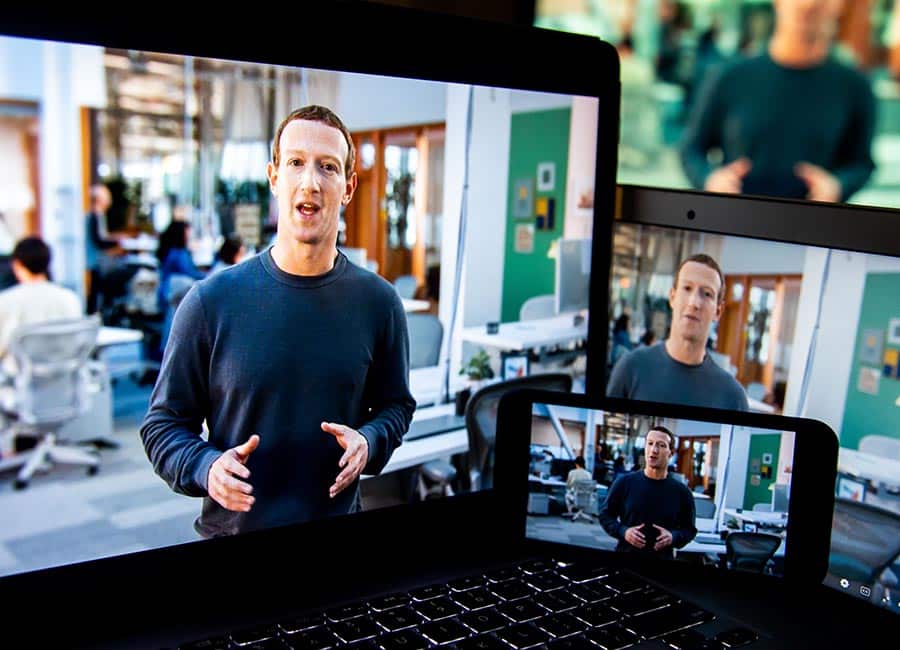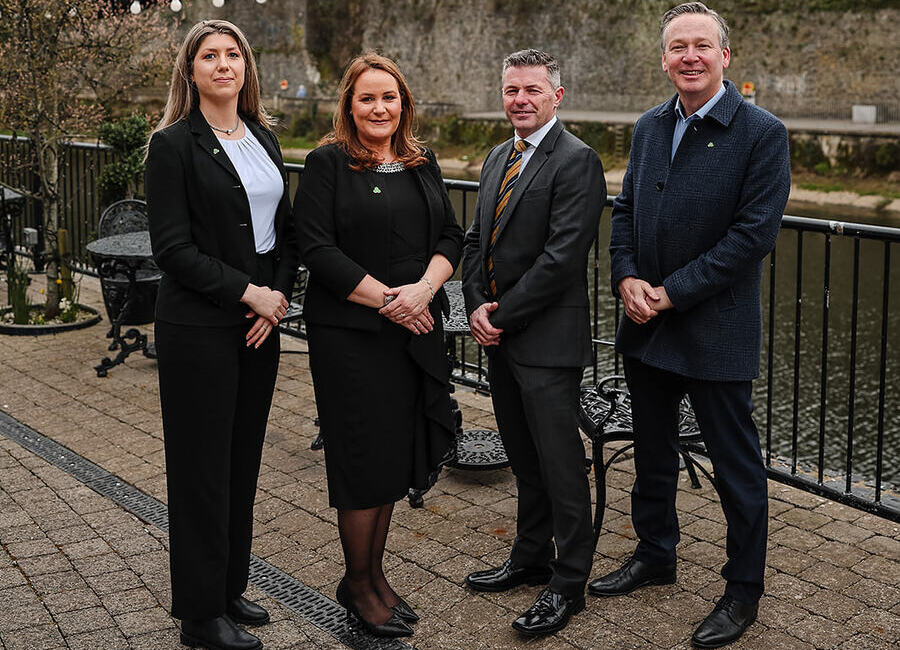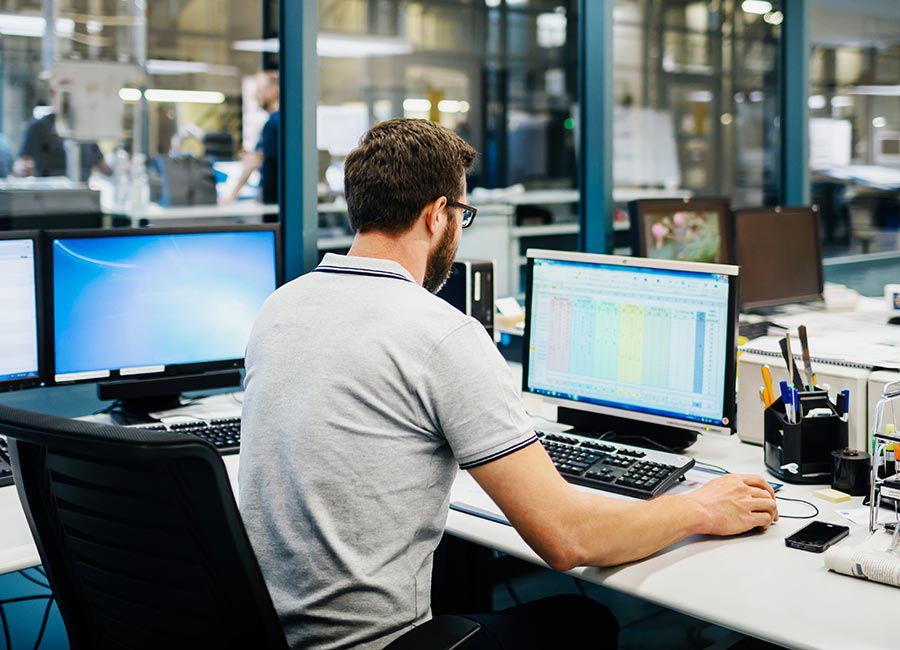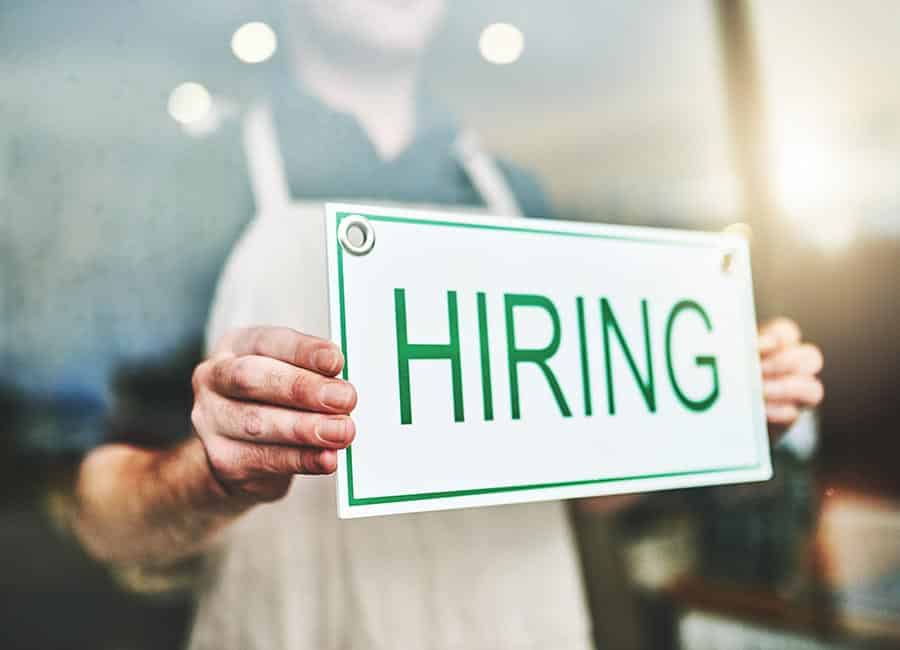The potential for high wages in the future and secure employment have topped graduates' wish list, according to a survey published by Universum, a sister company of IrishJobs.ie.
The company surveyed over 8,000 upcoming graduates across a range of disciplines, finding that in the face of rising inflation and cost of living, money talks.
Researchers also found that graduate roles are up by 30% since pre-Covid (2019), suggesting a growing appetite amongst employers to tap into those freshly out of college.
The survey highlighted significant gender differences amongst respondents, with male counterparts expecting almost €3,000 in their first graduate role compared to female respondents, a pay gap of 9%.
Males also attach more importance to a clear path of advancement within a company, being their third most important preference, compared to it being eighth on the female’s list.
Females, on the other hand, value a company’s ethical and sustainability ethos more - they view an organisation’s ethical code as the fifth most important criteria, compared to it being 21st on the male’s list.
The lasting impact on the pandemic has seen a shift in how employee’s view workspaces, with the flexibility of working conditions coming in at eighth place between the two genders, highlighting the importance of remote working for the post-Covid generation of workers.
UK and Ireland business director of Universum Steve Ward, said economic uncertainty is feeding into employee’s preferences going forward:
“Employers that want to attract and retain this latest generation of talent need to ensure their recruitment and attraction strategies reflect what graduates are looking for in their employer,” Ward said.
“With high earnings and job security the top two overall preferences, it’s clear that young people today are being impacted by the uncertainty that’s abounding in today’s economy.

"They are looking for a job to provide them with the stability to ensure they can provide for themselves and their family into the future.
“Young people today are graduating into a very different working environment than many would have expected to when starting their degrees.
"After witnessing its evolution over the past two years, this year’s group of students are even more keen than last year’s graduation cohort to explore the benefits of flexible working,” Ward added.











